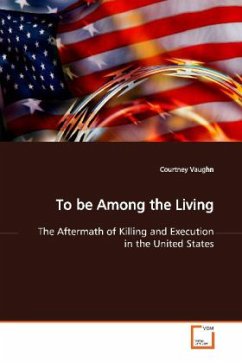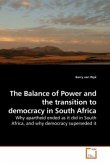When Carol McAlester, a good friend and warden, told
me that carrying out the death penalty in the United
States, killing people, was wearing her out, I was
compelled to discover how she and her colleagues
coped with such a gruesome responsibility. Although
capital punishment may fade from American history,
many whose lives it touched will live on.
Therefore, I pursued an investigation that lead to
interviews with corrections officials; offenders;
attorneys; chaplains; and victims, those who d had
loved ones murdered and executed. Some of the
individuals I met were slowly becoming stronger in
what Ernest Hemingway called the broken places.
They and, vicariously, I re-discovered an old truth,
that despite the pain suffering can inflict, it can
bring to bear that life is short and feeling empathy
for fellow human beings is rewarding.
me that carrying out the death penalty in the United
States, killing people, was wearing her out, I was
compelled to discover how she and her colleagues
coped with such a gruesome responsibility. Although
capital punishment may fade from American history,
many whose lives it touched will live on.
Therefore, I pursued an investigation that lead to
interviews with corrections officials; offenders;
attorneys; chaplains; and victims, those who d had
loved ones murdered and executed. Some of the
individuals I met were slowly becoming stronger in
what Ernest Hemingway called the broken places.
They and, vicariously, I re-discovered an old truth,
that despite the pain suffering can inflict, it can
bring to bear that life is short and feeling empathy
for fellow human beings is rewarding.








